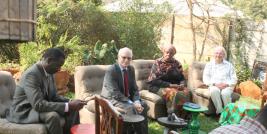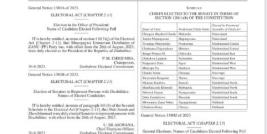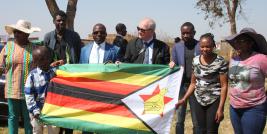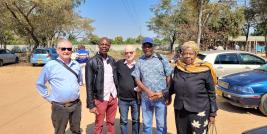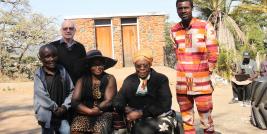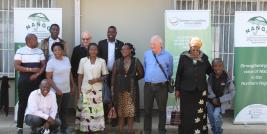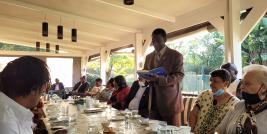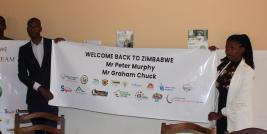March 13, 2020: The new year is already into its third month and the combined impacts of severe drought, long-term economic collapse and now the COVID-19 pandemic are closing off the chances for a turn-around in the economic crisis and for genuine democratic reform for Zimbabwe. Like much of Africa, Zimbabwe needs significant external funding to get onto a growth path, let alone achieve the Sustainable Development Goals by 2030. The looming global recession and possible depression means that the people of Zimbabwe will be thrown back onto their own capacities.
History shows that the people have this capacity, but the current political quagmire militates against the movement for democratic renewal. Amid this gloom there are signs that the Mnangagwa government is getting more focused on its international isolation problem, and that the fragmented opposition movement is starting to perceive the need to restore its integrity – Nelson Chamisa is now badly exposed for his G40 links and inability to find a positive message for the country.
But the five year anniversary of the abduction of protest leader Itai Dzamara – with no light on his fate from President Mnangagwa – underlines the democratic failure of the post-Mugabe government, despite all its opportunities to make substantive changes. The absurd claim by police that Paolo Freire’s Pedagogy of the Oppressed is seditious is further evidence.
Trade union action continues the call for real policy against hyper-inflation, which the government has failed to rein in.
Zimbabwe Information Centre, Australia

